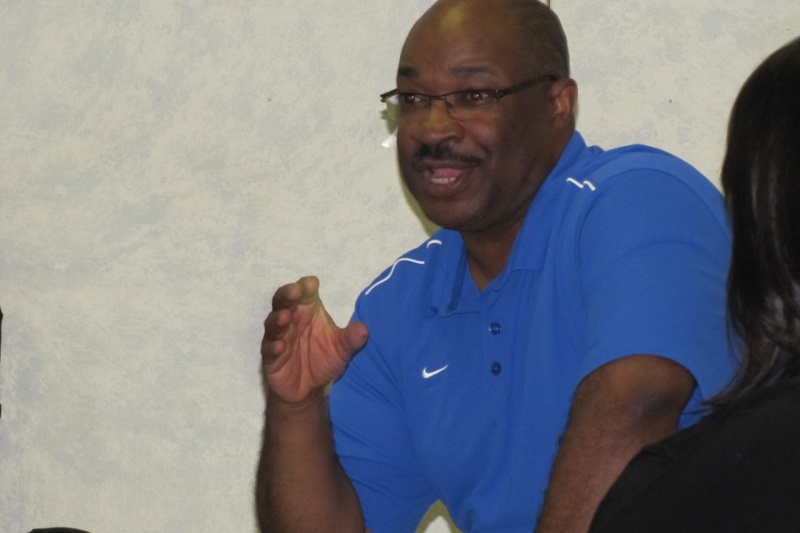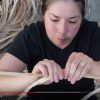KJIPUKTUK (Halifax) – A United Nations report critical of Nova Scotia for not acting on longstanding grievances within the African Nova Scotian community has strengthened the resolve of a newly formed coalition of about 20 community groups to keep these issues in the public spotlight, says one of its members.

The recently published report criticizes Nova Scotia for not addressing issues negatively affecting the Black community pertaining to education, environmental racism, employment, the justice system, health, the child welfare system and other issues.
The report was issued by the UN’s Working Group of Experts on People of African Descent after visiting Halifax, Toronto, Montreal and Ottawa late last year.
“Many of the conversations between government and African Nova Scotian stakeholders around these issues used to occur in silos,” says Robert Ffrench, one of the spokespeople for the African Nova Scotian Decade for People of African Descent Coalition.
“Those discussions ignored how many of these issues and concerns carry over from Yarmouth to Sydney, and how they are all connected. There really is a sense that these are not standalone issues and to have multiple voices speak out from around the same table and at the same time is of great value,” says Ffrench.
Ffrench, who is the executive director of the Valley African Nova Scotian Development Association, says none of the findings of the United Nations commission came as a surprise, but he hopes that the prestige of the international organization will make it more difficult for government to ignore.
All that’s old is new again
Ffrench expresses guarded praise for the government’s response to the land ownership issues in several historic African Nova Scotian communities raised in the UN report. But progress around other issues has generally been way too slow, he argues.
Ffrench points to the BLAC report to make his case. The voluminous report, issued in 1994 by the Black Learners Advisory Committee (BLAC) showed how the Black community is severely underserved by the educational system. That report has mostly been collecting dust ever since.
“That document was accepted by the province, but more than 50% of its recommendations have never been enacted and as a community we are still talking about these very same issues,” says Ffrench.
Similarly, while things may be looking up for some African Nova Scotians, poverty remains rampant within the community, Ffrench says.
“It is one thing for government to claim thing are getting better, but the question we face is, for how many of us? In Nova Scotia 35% of African Nova Scotian households remain below the poverty line,” says Ffrench.
Reparations
In its final recommendation the DPAD Coalition states that the province “work with African Nova Scotians to consider reparations in a Nova Scotian context.”
The notion of reparations refers to the idea that African Nova Scotians are owed some form of redress for the centuries of injustices suffered as a result of slavery and institutionalized racism.
“Reparations in other parts of the world have been as simple as issuing public apologies for previous injustices. The real question is, how do we attain the level of recognition that is a starting point for any progress,” Ffrench says. “Reparations then become the driver for the issues that we raise.”
“The suggestion that this is only about dollars, like a cash register, is incorrect, and the conversations in our group do not reflect that at all,” says Ffrench.
Click here for a copy of the DPAD coalition press release and its recommendations. You can find the UN report here.
If you can, please support the Nova Scotia Advocate so that it can continue to cover issues such as poverty, racism, exclusion, workers’ rights and the environment in Nova Scotia. A pay wall is not an option, since it would exclude many readers who don’t have any disposable income at all. We rely entirely on one-time donations and a tiny but mighty group of dedicated monthly sustainers.



